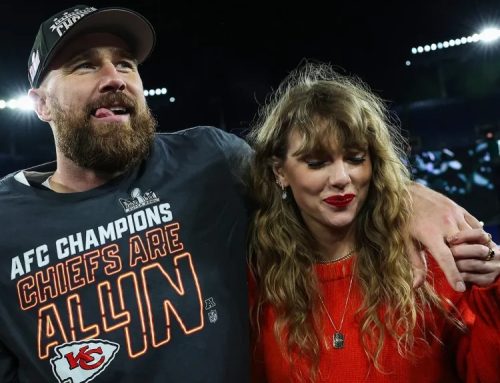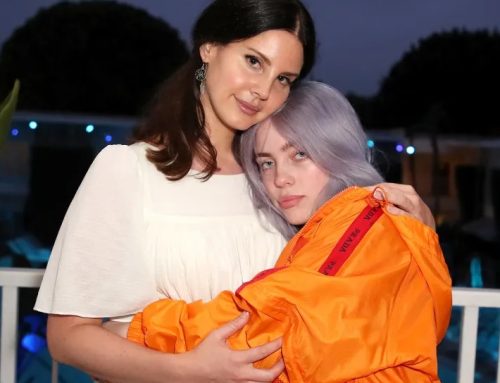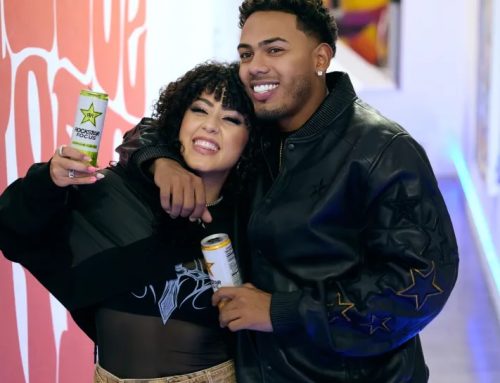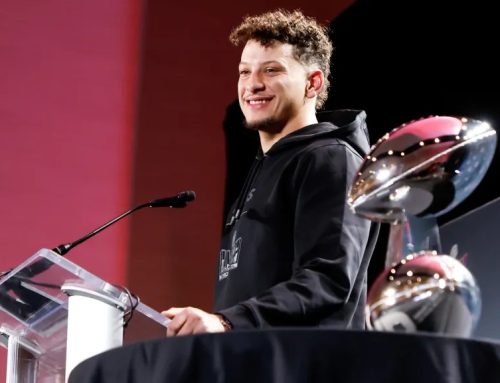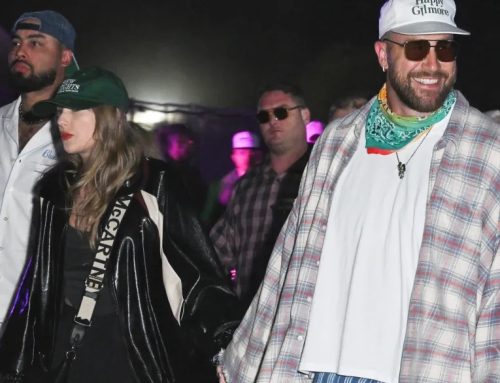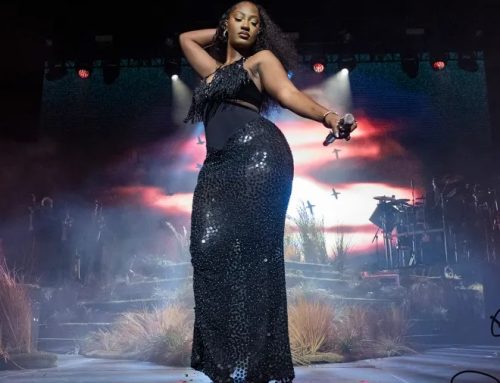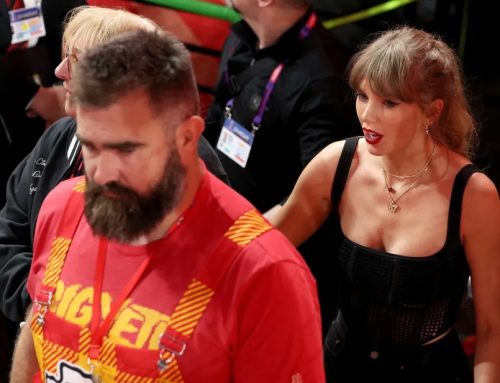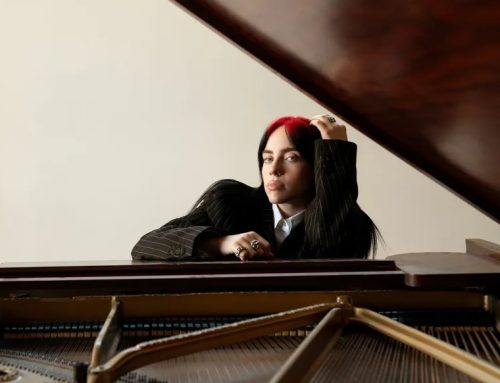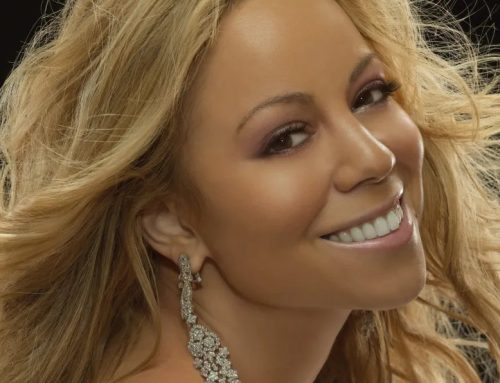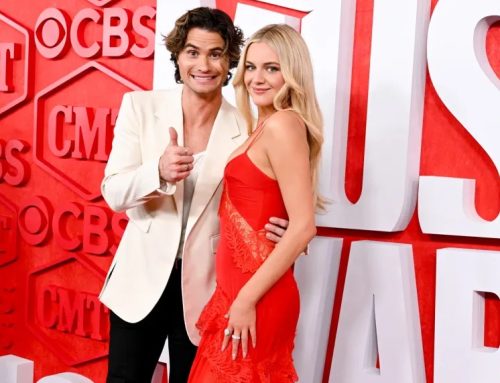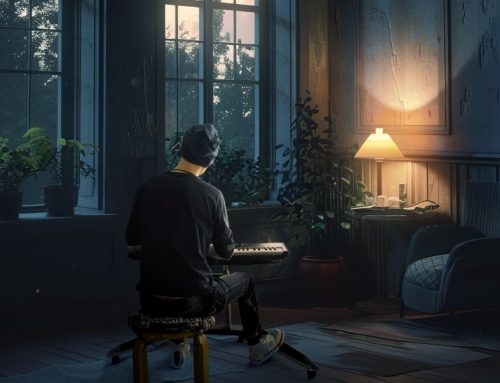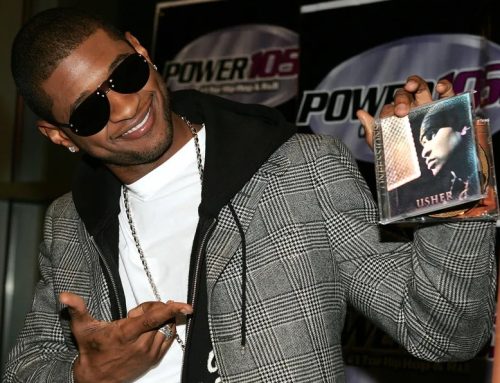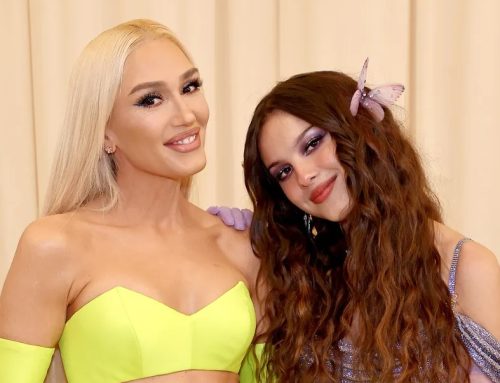Justin Bieber‘s recent announcement that he is suffering from Ramsay Hunt syndrome was sobering, and scary, for both the 28-year-old star and his fans. Watching the singer detail the impact the virus has had on him in a video posted last week — in which he revealed that he’s suffering from partial facial paralysis — immediately brought attention to the disorder, whose serious symptoms forced Bieber to pause his Justice World Tour in order to receive treatment.
The syndrome is activated by the same virus that causes chickenpox and occurs when a case of shingles impacts one of the facial nerves near the ear. As Bieber noted in his video, quick treatment and rest are the recommended course of treatment. On Monday, Bieber shared an update on his progress, noting that “each day has gotten better.”
In order to better understand the potential impact of the syndrome and the singer’s prognosis, Billboard reached out to Los Angeles specialist and otolaryngologist Dr. Amit Kochhar, a facial plastic surgeon and director of the Facial Nerve Disorders Program at Pacific Neuroscience Institute at Providence Saint John’s Health Center in Santa Monica, California.
While Kochhar has not treated Bieber for Ramsay Hunt, he spoke to Billboard in general terms about the effects of RHS and what the road to recovery might look like for the “Peaches” singer.
In 2020, Justin spoke about being diagnosed with the incurable tick-borne ailment Lyme disease, as well as a “serious case of chronic mono,” which he said at the time had affected his skin, brain function, energy and overall health. Is there any connection between those diagnoses and RHS?
Mono, also called Epstein-Barr Syndrome sometimes, is not associated with facial paralysis. … I’ve never seen a patient with Epstein-Barr develop facial paralysis, and if this is rare, that would be exceedingly rare. With Lyme disease, there can be some facial paralysis when it initially represents, commonly referred to as “lockjaw,” along with a rash. But a reactivation of Lyme disease is not anything I’ve seen cause RHS. He must have had chickenpox at one point in his life, and if he had the vaccine, he could get RHS if there was a breakthrough infection. Most of us get chickenpox in childhood and it lasts a few weeks then goes away, but the virus stays as part of our DNA in the body for the rest of our lives. It hangs out in nerves and the immune system and it can be OK, but when you’re in a period of immune suppression, extreme fatigue or stress, the immune system can’t fight it off. I don’t think his history of Lyme disease is a contributing factor, but chronic fatigue doesn’t help when you have other forms of stress that can affect the immune system, like a huge tour that is stressing his body significantly during performances.
How is RHS related to shingles?
Ramsay Hunt is essentially shingles of the face. [Editor’s note: Shingles is a viral infection that causes a painful rash that can occur anywhere on your body and is caused by the same varicella-zoster virus as chickenpox.] The reactivation of the zoster virus in the nerves of the face causes paralysis because of the facial nerve that travels from the brain stem behind the ear and into the face to give facial muscles the energy for movement. When that nerve is inflamed, it expands behind the ear and in the skull. It lives in bone, and bone doesn’t move, so the nerve expands and the bone stays the same — essentially it’s a crush injury of the nerve. For a day or two, you can have pain behind your ear or bad headaches, and you wake up the next day and your face is paralyzed.
What’s the best way to treat it? It sounds like time is of the essence.
You have to attack it quickly. Ramsay Hunt has a more severe form of facial paralysis than the typical Bell’s palsy [a condition that causes sudden weakness in the muscles on one side of the face]. Most people get better within a week or two, but with Ramsay it could take one to two months to recover. For that reason, you want patients to have anti-inflammatory meds as soon as possible. I’m not sure of his other symptoms, but it can cause hearing loss, vertigo, dizziness, fatigue and excruciating pain.
Understanding that you don’t know the specifics of Justin’s case, in general, what would the prognosis be for someone of his age with these symptoms? And is there a cure?
“Cure” is not the right word. Do you recover completely? You can’t cure it, because it’s in your body and the virus doesn’t go away. The recovery of the nerve depends on how fast the face starts to move again, which is usually related to how quickly you can get steroids started to suppress inflammation and other medications like anti-virals to prevent pain afterwards.
To be clear, though, it’s not fatal and it’s likely he can return to his former activity, right?
It’s not fatal, but the longer it takes for the nerve to recover, the more likely you are to have significant nerve damage. With that damage from chronic facial paralysis, if you don’t recover in two to three months, your eye may close or the corner of your mouth might lift up when you speak. Some patients don’t bother to correct that if they’re comfortable in their skin, but some people have underlying facial tightness and discomfort when they’re eating or drinking. For some people, that could be devastating, especially if your face is important to your livelihood. For those who want to improve those issues, we recommend physical therapy, pressure-point massage and some other things to help people re-train their face to control the muscles. If he recovers quickly and there are no side effects, he can have close to a full recovery. If it lingers for more than one to two months, you could have some nerve-related issues, usually related to your eyes.
Most importantly, since it affects nerves in his face and ear, is it possible that Justin’s voice could be affected?
I would be surprised if he had any issues with singing. In very rare cases with other cranial nerves, such as the nerve that is involved in swallowing and speech, it’s exceptionally rare even in those cases to not fully recover.
There has been some chatter among anti-vaxxers who are convinced that Justin’s facial paralysis and Ramsay Hunt are somehow related to the COVID-19 vaccine. From what I’ve seen, there is no credible science showing any potential link — is that your understanding as well?
It is definitely not related to the COVID vaccine. That is something that I personally think is irresponsible to say and there is no real data to support that the COVID vaccines contribute to Bell’s palsy [either]. One in 10,000 people will get Bell’s, and people who’ve gotten the COVID vaccine are at that same number of patients that would have developed Bell’s palsy. So it’s not like people with the vaccine are more likely to get Bell’s palsy. … It’s the same number who would have gotten it anyway. There are also tons of patients with Bell’s and facial paralysis who have no recurrence after the vaccine. Do I think they’re related? Very unlikely.
On Wednesday night (June 16), Justin’s wife, model Hailey Bieber, told Tonight Show host Jimmy Fallon that the singer is “doing OK,” noting that it’s been a “weird turn of events” over the past few months, referring to her mini-stroke and Bieber’s recent diagnosis. “He’s OK and he’s going to be totally OK,” she assured Fallon.


